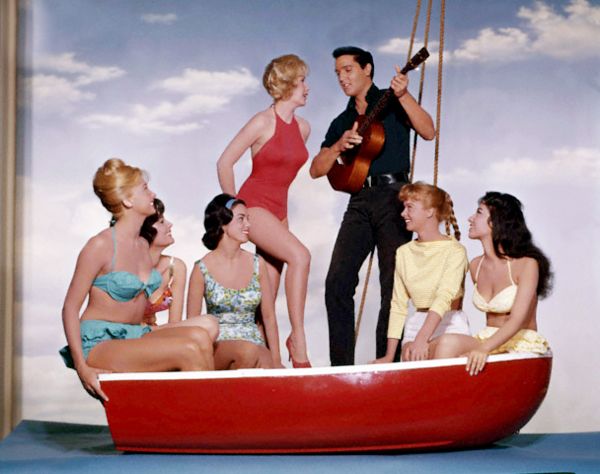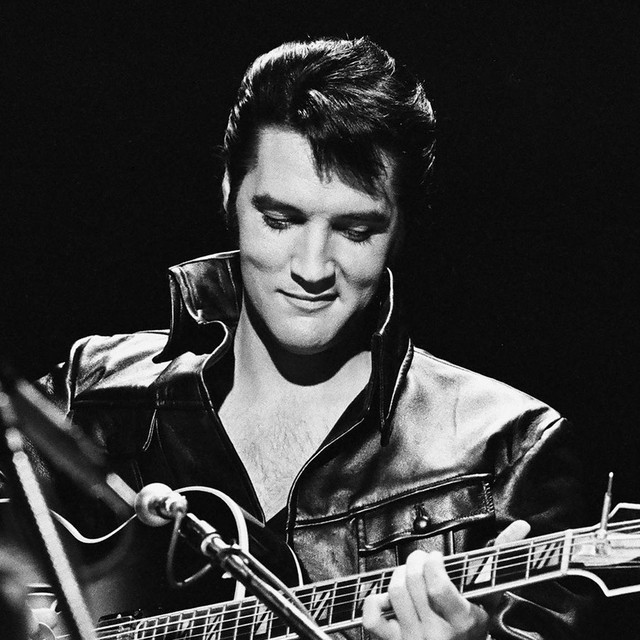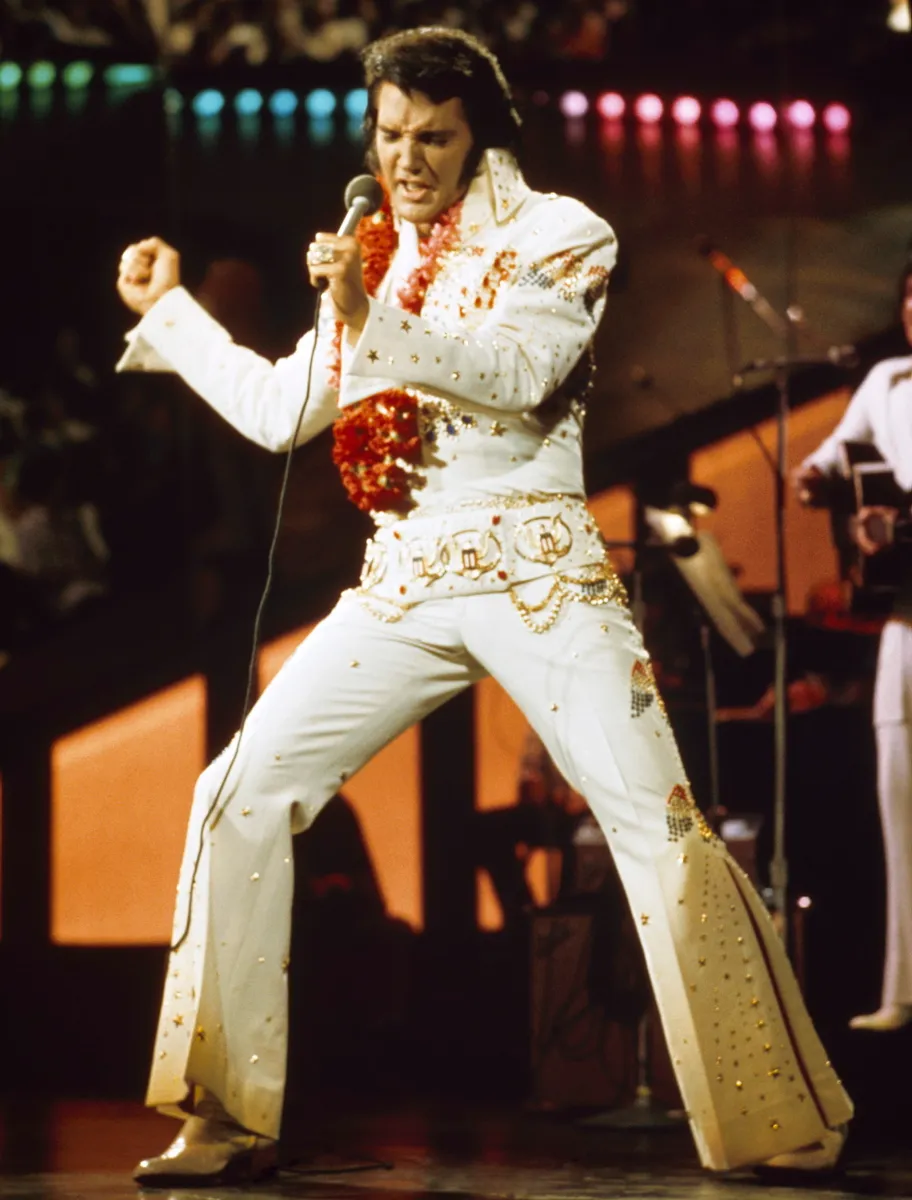Elvis Presley, the King of Rock and Roll, is remembered for his captivating stage presence, his soaring voice, and, of course, his iconic music. But when it comes to his guitar skills, how does the legend hold up? Was Elvis really a talented guitarist, or did he simply rely on his charisma and natural rhythm to make up for what he lacked in technical proficiency? Let’s dive into the debate over Elvis Presley’s guitar playing and explore whether he truly deserved the credit he received.
Elvis Presley’s Early Years and His Relationship with the Guitar

giờ e khó ghê, vẫn đang ở chung, phòng thì e tính sang năm mới chuyển chứ chưa chuyển ra giờ vì ổn việc thì e thuê phòng rồi mới xem lớp nhảy
As a young boy in Tupelo, Mississippi, Elvis Presley showed a keen interest in music. At school, he was often seen carrying his guitar and playing songs for his friends and classmates. However, he didn’t exactly stand out as the gifted musician we later came to know. Kenneth Holditch, one of Elvis’s classmates, recalled the King of Rock and Roll as “a sad, shy, not especially attractive boy whose guitar playing was not likely to win any prizes.” This observation might seem harsh, but it gives us a glimpse into how Presley was perceived before he became the global sensation he was destined to be.
Was Elvis Presley a Natural Guitar Player?
Elvis Presley may not have been known for technical brilliance on the guitar, but he certainly had a natural musical feel. He wasn’t a virtuoso like some of his contemporaries, but he had an innate sense of rhythm and groove that was perfect for his rockabilly style. His guitar playing wasn’t about intricate solos or flashy techniques—it was about feeling the music.
As Scotty Moore, Elvis’s legendary backing guitarist, pointed out: “Elvis wasn’t considered a real good rhythm player on guitar, but you listen to ‘That’s All Right, Mama,’ he starts with the rhythm, just the open rhythm, and then the slap [bass] starts — he had a feel for rhythm on the stuff that we did that’s very hard for anybody to do the same way.”
Elvis’s Humble Approach to His Guitar Skills
Elvis himself was always humble about his abilities on the guitar. In a 1965 interview, he openly admitted: “People seem to think I’m married to the guitar but the truth is I’m not very good at it. I usually get credited with beating up a storm on it, but usually, I have another and much better guitar player backing me up when I play it.”
This humility is a testament to Elvis’s understanding of his own limitations as a guitarist, but it also reflects his focus on his primary talents—his voice and stage presence. While he didn’t consider himself a guitar virtuoso, his ability to play rhythm guitar effectively allowed him to complement his vocal performances and create that unique Elvis sound.
Elvis Presley’s Guitar Playing on the ’68 Comeback Special

One of the best places to hear Elvis Presley’s guitar playing is on his famous 1968 Comeback Special. It was during this performance that Elvis made a triumphant return to the stage after a period of focusing on movies, and it was clear he was back to doing what he did best. The special features Elvis playing guitar on several tracks, including the blues number “Baby, What You Want Me To Do.”
On this track, Elvis uses basic open chords and simple licks, showcasing his rhythm guitar skills more than anything else. While he wasn’t playing mind-blowing solos, his ability to keep the rhythm tight and play with feeling was evident. The song, a 12-bar blues, gave Elvis a chance to show his natural guitar feel. While his technical skill might not have been exceptional, his rhythm playing provided the perfect foundation for his iconic voice to shine.
Elvis Presley’s Influence on Future Guitarists
While Elvis Presley wasn’t a technical guitar prodigy, his influence on future musicians and guitarists cannot be overstated. His music and performance style inspired countless aspiring guitarists in the 1950s and beyond. In fact, it wasn’t necessarily his guitar playing that made him so influential; it was his ability to inspire young musicians to pick up the instrument and create their own sound. His sheer presence, both on stage and in the studio, made an impression that no amount of technical skill could replicate.
Elvis’s role in the early rock and roll movement cannot be underestimated. Many musicians, influenced by his rhythm guitar style and charismatic performances, went on to become legendary artists themselves. His guitar playing, while simple, was essential in shaping the sound of rock and roll during its formative years.
The Debate: Was Elvis Presley a Great Guitar Player?

So, was Elvis Presley a great guitar player? The answer depends on how you define “great.” If you’re looking for mind-blowing solos or intricate fingerpicking, Elvis may not be the guitarist you’re thinking of. However, if you define greatness by feeling, groove, and the ability to connect with your audience, then Elvis’s guitar skills were certainly more than adequate.
Elvis’s genius lay not in technical guitar proficiency, but in his ability to use the instrument to serve his music. He had a natural feel for rhythm that made his performances unique. His guitar playing was never about complexity—it was about simplicity, consistency, and energy. Elvis didn’t need to be a virtuoso guitarist to create the magic that he did on stage.
Conclusion: Elvis Presley’s Legacy Beyond the Guitar
Elvis Presley may not have been a virtuoso guitarist, but his influence on the music world is undeniable. His natural rhythm and feel for the instrument played an essential role in his success, complementing his incredible voice and stage presence. While he might not have dazzled audiences with complex guitar solos, Elvis’s ability to create unforgettable music was never in question.
Whether you’re listening to his early rockabilly hits or his ’68 Comeback Special performances, it’s clear that Elvis Presley’s guitar playing was an integral part of his artistry. His ability to inspire countless guitarists and music lovers speaks volumes about the impact he had on the world of music.
Elvis Presley might not have been the greatest guitarist in history, but his ability to use the instrument to amplify his unique musical style has solidified his place as one of the greatest entertainers of all time. His legacy continues to influence musicians, and his sound will forever remain iconic in the annals of rock and roll history


